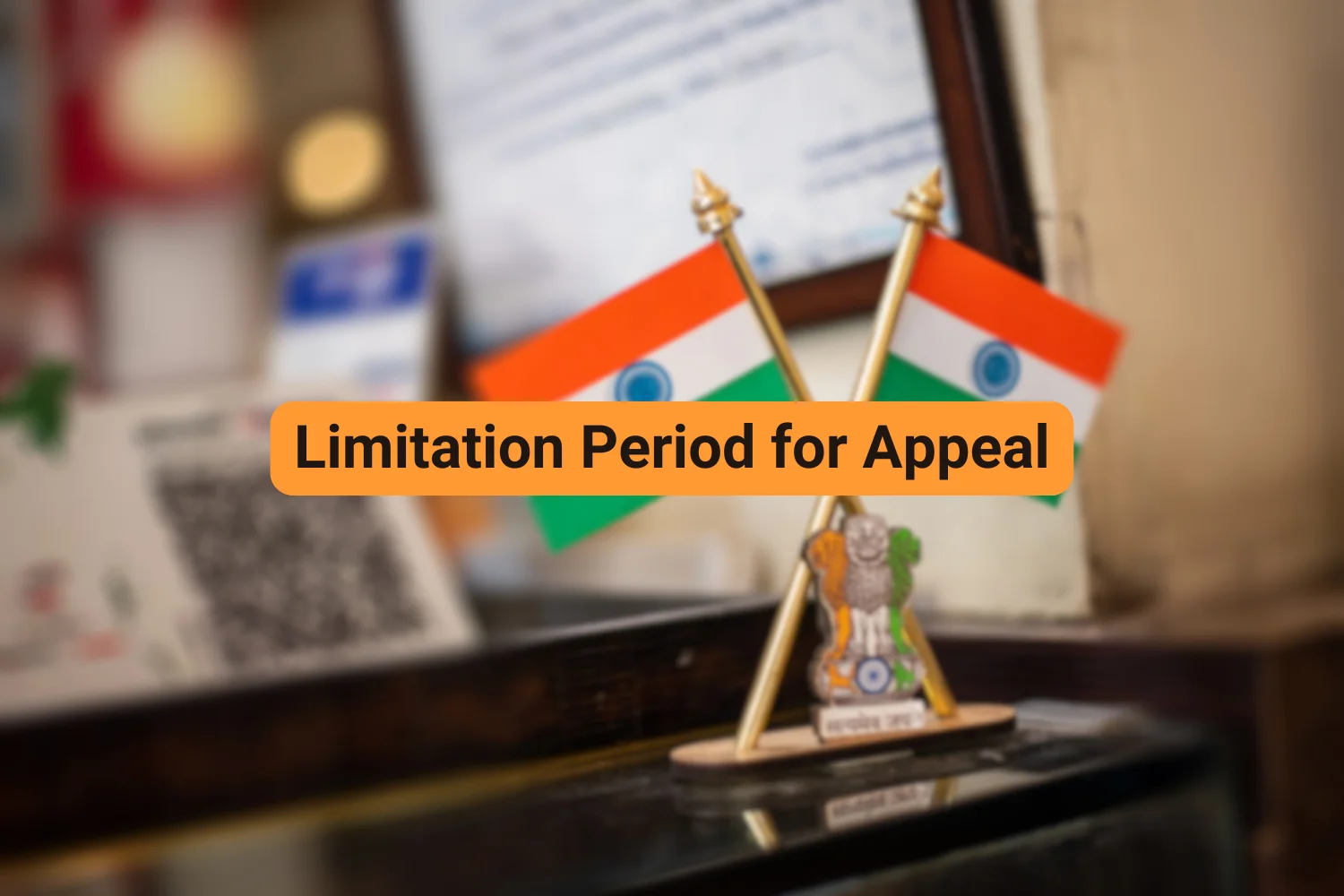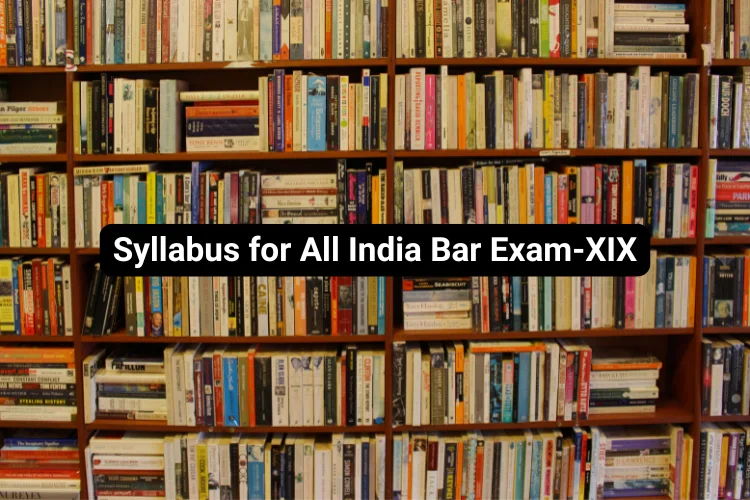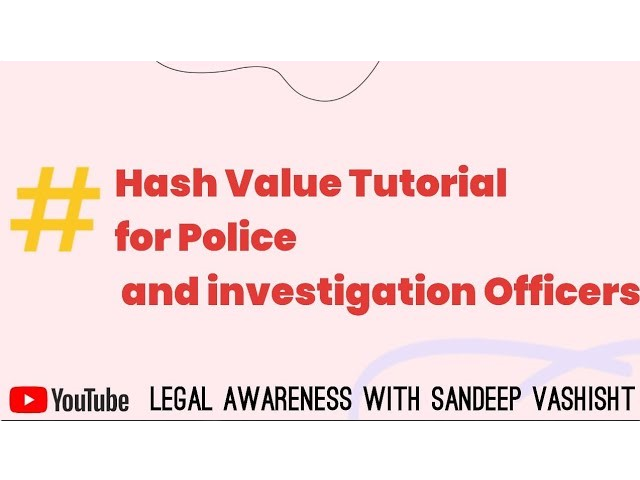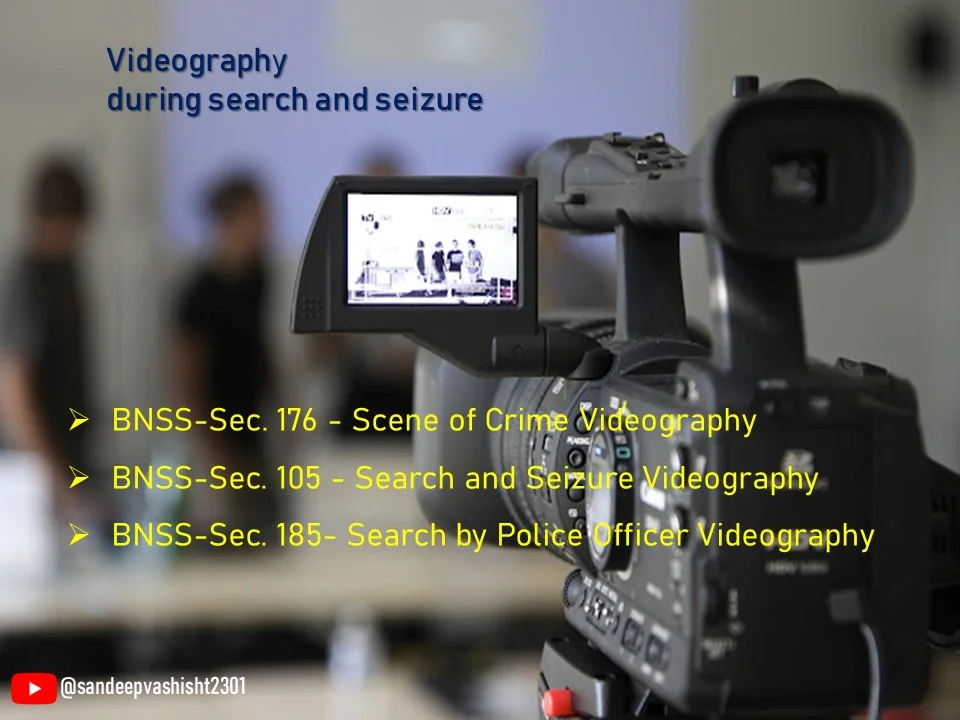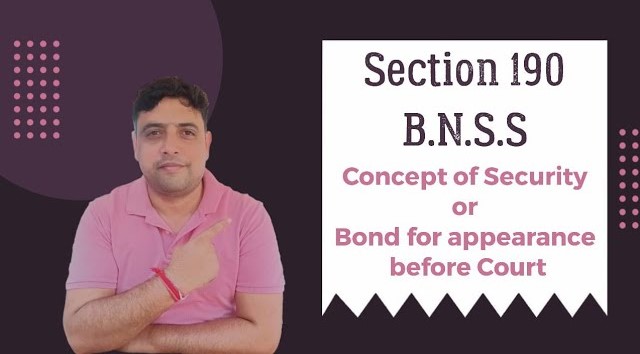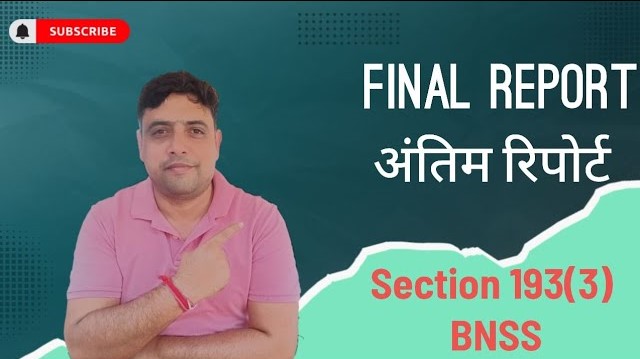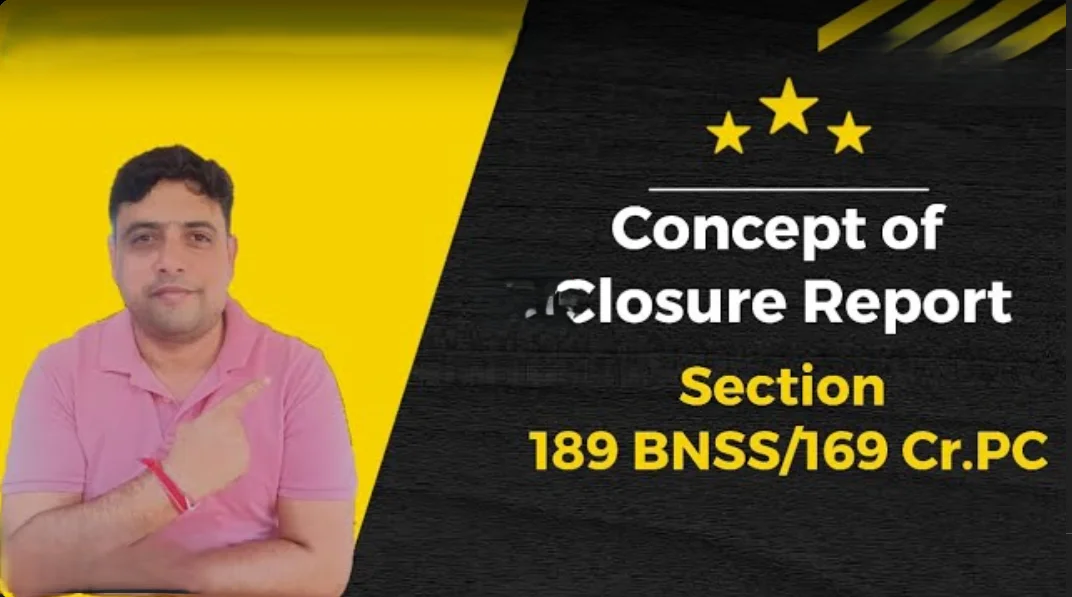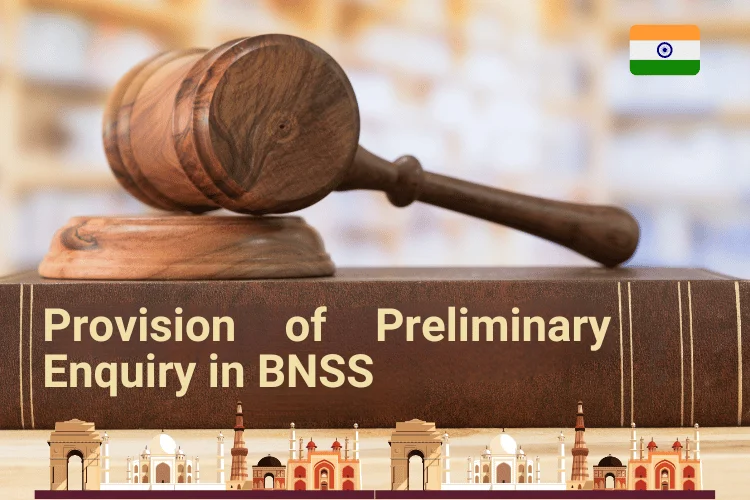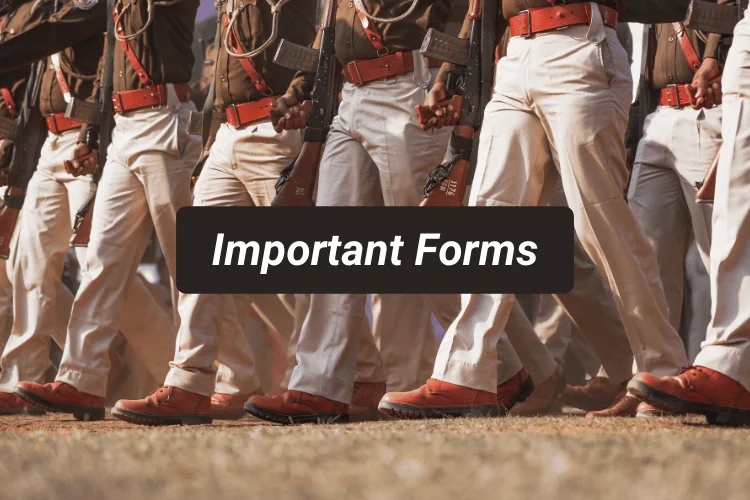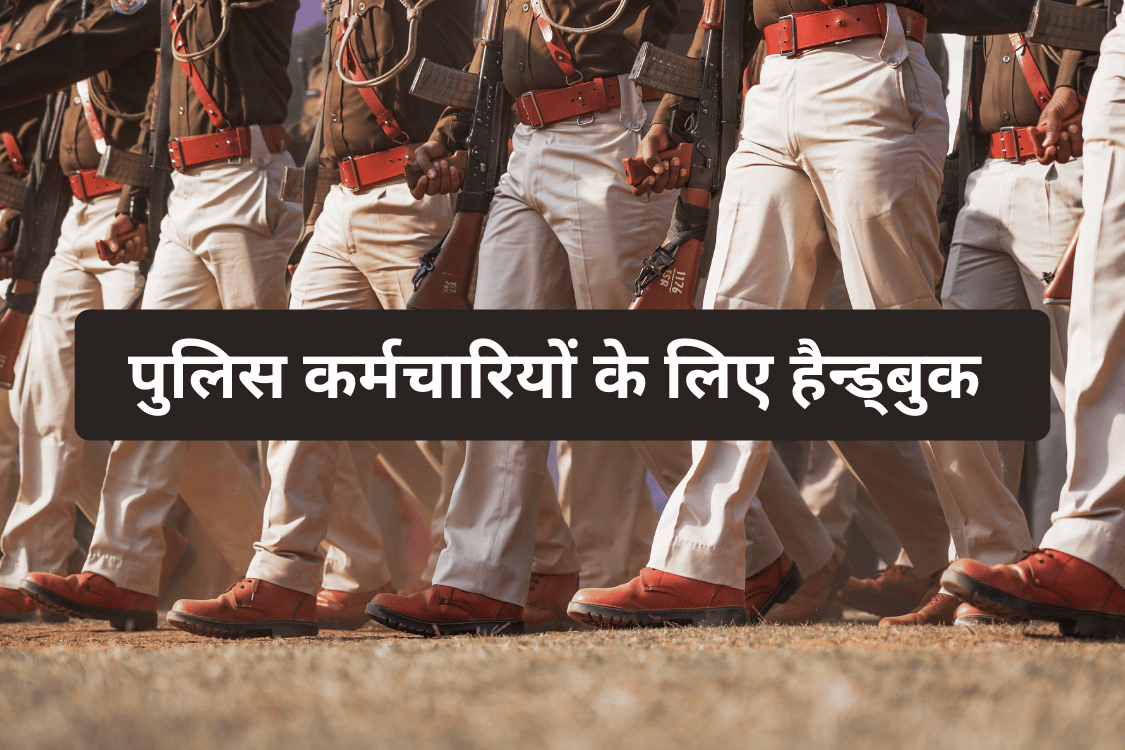Trial of Warrant Cases by Magistrate
One of the fruitful things that is given by Britain to India, during her reign was the laws of the British legal system especially the concept of criminal justice system and its related legislations. Our Indian Penal Code, Evidence Act and Civil Procedure Code are the products of the British legislators, which underwent only minor changes even after the independence till now. Likewise, the Criminal Procedure Code was also introduced by the British, laid a concrete foundation for the present Criminal Procedure Code, 1973, which deals with the procedure to be followed by various courts in any criminal proceedings. In addition to it, the Act also imposes duties on the police officers who are a part of the criminal justice system in India. This project focuses on the chapter 19 - ‘Trial of warrant cases by the Magistrates’, which forms a crucial part of the Act.
The function of the Court in a Criminal Trial is to find whether the person arraigned before it is guilty of the offence with which he is charged. For this purpose, the Court scans the material on record to find whether there is any reliable and trust 'worthy evidence upon the basis of which it is possible to convict the accused and to hold that he is guilty of the offence with which he is charged. If in a case, the prosecution leads two sets of evidence, each one of which contradict and strikes at the other and shows it to be unreliable the conviction cannot be sustained.
According to S.2 (x) of CrPC,1973 A warrant case for the purpose of the Act, is a case relating to an offence punishable with death, imprisonment for life or imprisonment for a term exceeding two years and other petty cases would come under summons cases. Cases tried before a Court of Session are all warrant cases except defamation cases under s.237.
Hence Warrant case is more serious offences which are punishable with death, imprisonment for life or imprisonment for a term of two years. Trial of warrant cases is conducted either by the Court of Sessions or by the Magistrate
Chapter 19 deals with the procedure of trial of warrant-cases..
1. Cases instituted on a police report [Secs. 238-243].
2. Cases instituted otherwise than on a police report [Secs. 244-247].
3. Conclusion of trial [Secs. 248-250].
The difference in procedure is understandable. In cases instituted on a police report, lot of record made during investigation by the police is made available to the court and to the accused person. Such record cannot obviously be made available (as it simply does not exist) in cases instituted otherwise than on a police report. Therefore, it becomes necessary in such cases to provide special procedures to enable the accused to acquaint himself with the facts of the case on which the prosecution is relying before he is called upon to defend himself.
- Cases instituted on a police report [Secs. 238-243]:According to the Section 2(r) of CrPC " police report" means a report forwarded by a police officer to Magistrate under sub- section (2) of section 173. There are three different kinds of reports to be made by police officers at three different stages of investigation.
- Section 157 requires a preliminary report from the officer in charge of a police station to the Magistrate.
- Section 168 requires reports from a subordinate police officer to the officer in charge of the station. These reports are known as forwarding reports.
- Section 173 requires a final report of the police officer as soon as investigation is completed to the Magistrate. The report under Sub section (2) of Section 173 is called Completion Report al known as the Charge Sheet.
Magistrate of first class and magistrate of second class May take cognizance of offences under section 190 CrPC in following three circumstances:
- Upon receiving a complaint of facts which constitute such offences
- Upon a police report of such facts
- Upon information received from person other than a police officer or Suo moto.
The underlying purpose in prescribing this procedure is to ensure speedy disposal of warrant-cases instituted on police reports without in any way prejudicing the accused.1. This section casts a duty on the Magistrate to satisfy himself that he has complied with the provisions of section 207, viz. furnishing the accused free of cost copies of the documents referred to in that section without delay

Supply of copies to the accused or compliance of section 207:
S. 238 mandates that the when an accused appears or is brought before a Magistrate, under this category, the compliance of s.207 is mandatory. Accordingly, the Magistrate has to ensure that the accused gets the copies of all the documents detailed in clauses (i) to (v) of that section. It serves as a condition precedent to the commencement of the trial which means ‘before the charges are framed . The accused in fact, has a right to know about the case initiated against him and the details of the evidences.
CASE:
Anuran Rastogi vs State of UP 2007
The Magistrate is not bound by the opinion of the IO and he is competent to exercise his discretion at the time of framing the charges irrespective of the view expressed by the police in report. When IO is of the view that no case has been made out against the accused, the magistrate can apply his mind independently under section 190 (1) (b) read with section 238 and section 239.
Waheed-Ur-Rehman Parra vs Union Territory Of Jammu And Kashmir 2022 SC
The Supreme Court held that it a fair balance between section 173(6) and section 207 must be drawn. The Court's further held that accused has a right to obtain copies of witness statements to the accused for a fair trial.
Option to discharge him (Section 239):
After considering the police report and documents under s.173 i.e, charge sheet, and also after giving the prosecution and the accused, an opportunity of being heard, if the Magistrate thinks that the allegations against the accused are groundless, he shall discharge the accused and record the reasons for it.
CASE
State Anti-Corruption Bureau vs P.Suryaprakasham 1995 SC
If further ground is found to proceed against accused, he can be called again for trial by same magistrate and it does not amount to double jeopardy.
Framing of charges and Explanation of charge to the accused (Section 240):If after considering the documents and the examination of the accused and hearing the accused,
the Magistrate thinks that there is ground for presuming that he accused has committed an offence triable under this chapter which would come under the Magistrate’s competence and in his opinion could be adequately punished by him, he has to frame in writing a charge against the accused.
After the charges are framed, it should be read and explained to the accused and he should be asked whether he pleads guilty or claims trial as under s. 240(1). It should be read to the accused clearly in a manner understandable by him and the Magistrate should ensure that If he has been made aware of the offences, a mistake in charges while taking cognizance will not prejudice the accused.
CASE:
State of Maharashtra vs Sukhdev Singh 1992 SC
It was held by the Supreme Court that before accepting the plea of guilty of the accused court has to satisfy itself of two conditions:
- Charges containing the necessary elements of the ingredients of the offence must be conveyed to the accused in the language known to him.
- The accused has understood the charges framed against him.
Munna Devi vs State of Rajasthan 2001 SC
Common charges can be framed only when the material facts are common. When there are different material facts against each co -accused then common changes cannot be framed and for every co-accused different charge shall be framed.
Further, It is not necessary for the trial Court to write a reasoned or lengthy order for the purpose of framing charges.
Conviction on plea of guilty (Section 241)
If the accused pleads guilty, the magistrate shall record the plea and may convict him thereon. It is not obligatory on the part of the magistrate to convict him even if the accused pleads guilty. He may proceed with the trial.
CASE:
Ram Kumar vs State of UP 2011: It was held that discretionary jurisdiction regarding acceptance of the plea of guilt by the Court should be exercised with great care and sound judicial principles. Thus, before acting solely in the plea of guilty, essentially, the court should be fully satisfied that the accused had understood the nature of the charge leveller against him
Fixing date for examination of witnesses and Evidence for prosecution (Section 242):After the framing of charges, the accused is a given a chance to plead and if the accused:
- refuses to plead or
- does not plead, or
- claims to be tried or
- the Magistrate does not convict the accused under s.241.
Provided that the magistrate shall supply in advance to the accused, the statements of witnesses recording during investigation by the police.
If the magistrate start taking the evidence on the day the charge is framed, it will be illegal and clear contravention of section 242(1), which provides that after framing the charge the magistrate shall fix a date for the evidence.
- The Magistrate may, on the application of the prosecution, issue a summons to any of its witnesses asking him to attend or to produce any document or thing under 242 (2). Section 242(2) gives a discretion to the Magistrate to issue summons to the prosecution witnesses on the application of the prosecution.
- On the date so fixed, the Magistrate shall proceed to take all such evidence as may be produced in support of the prosecution. Section 242(3) casts a duty on the Magistrate to take all such evidence as may be produced by the prosecution on the date fixed. The Magistrate has to take all witnesses and he cannot acquit the accused after taking only a part of prosecution witness.
Provided that the Magistrate may permit the cross-examination of any witness to be deferred until any other witness or witnesses have been examined or recall any witness for further cross-examination.
The evidence of each witness, during examination is to be recorded by the Magistrate in writing according to provision of section 275(1) which says “ In all warrant-cases tried before a Magistrate, the evidence of each witness shall, as his examination proceeds, be taken down in writing either by the Magistrate himself or by his dictation in open Court or, where he is unable to do so owing to a physical or other incapacity, under his direction and superintendence, by an officer of the Court appointed by him in this behalf.
The language in which the evidence is to be recorded, the manner of reading it to the accused, the manner of interpretation is all given under ss.277,278 and 279 and other assisting provisions are also given under this Act.
Section 275(3) says Magistrate in his discretion, can record such evidences in a manner of his choice, mostly narrative but might be in form of questions also. The evidence shall also be signed by the Magistrate which also forms an essential part of the record.
Steps to follow prosecution evidence: After the prosecution evidence has been recorded, it should be followed by two important steps.
- Oral arguments and memorandum of arguments on behalf of the prosecution under s.314
- Examination of accused under s.313 (1)(b)
The procedure followed in the trial in sessions, will be adopted here.
Evidence for the defence:
Following the prosecution evidence, now the accused is given the opportunity to give his defence as under section 243.
- Examination of witnesses:
Section 243(2) of the CrPC: After the prosecution evidence is over as laid down in the preceding section and the accused is examined under Section 313 of the Code, if the accused puts in any written statment, the Magistrate shall file it with the record.
If the accused applies to the Magistrate to issue process for calling any witness for examination or cross-examination or to produce any document or thing, the Magistrate shall issue process unless—
-
-
- He considers that such application is made for the purpose of vexation or delay or defeating the ends of justice; or
-
-
- The accused had, prior to entering upon his defence, either cross-examined or had the opportunity of cross-examining any witness.
CASE:
Arivazhagan vs State, Represented by Inspector, 2000: The accused was being tried for an offence under Section 109, IPC read with Section 13 (1) (c) of the Prevention of Corruption Act, 1988. The accused submitted a list of 267 witnesses to be examined as defence witnesses.
The trial Court rejected the demand of examining all the 267 witnesses and directed the accused to cut-short the list, The accused (appellant) declined to reduce the number of his witnesses and appealed before the High Court which upheld the direction of the trial Court after scrutinizing the list.
The appellant thereupon moved in appeal before the Supreme Court. Dismissing the appeal, the Supreme Court held that pruning the list of witnesses by the trial Court as well as the High Court was within the permissible limits of law.
Diwakar Singh v. State of U.P 2024
Facts of the case are in this case is that petitioner was posted as Sub-Inspector of police, and he lodged an First Information Report (FIR) under the provisions of Indian Penal Code, 1860 (IPC).The police investigated the matter and filed a chargesheet, not against the persons named therein but against the petitioner stating therein that the petitioner with his unknown associates hatched a conspiracy showing a fake incident of loot and he also prepared false papers to show a false incident as genuine one.The Allahabad High Court in the case has held that as per the provisions of Section 243(2) of the Criminal Procedure Code, 1973 (CrPC), the Magistrate cannot compel re-appearances of prosecution witnesses already examined unless the Magistrate is satisfied that it is necessary to meet the ends of justice.
- Power to exonerate expenses
Section 242(3)
The Magistrate may, before summoning any witness on an application under sub-section (2), require that the reasonable expenses incurred by the witness in attending for the purposes of the trial be deposited in Court.
Venkateshwara Rao v State of Andhra Pradesh, 1979: if accused does not have the capacity or means to pay the necessary expenses, the Court may exempt him from depositing the amount for such expenses.
Written statement of the accused:
The Magistrate shall file the written statements made by the accused as a part of the record under s.243(1). It can be used by the accused later, when he feels that he has not been given full opportunity to explain all aspects of the case under s.313(1)(b).
Record of evidence:
The evidence is recorded in the same manner as that of the prosecution.
- CASES INSTITUTED OTHERWISE THAN ON POLICE REPORT (ON COMPLAINT OR KNOWLEDGE OF MAGISTRATE)
Sections 244 to 247 provide for trial on this point.
The Complaint is defined in Section 2(d) of CrPC 1973.
As per this section, it states that any allegation made verbally or in writing to a Magistrate, to take action under this Criminal Procedure Code, that some person, whether known or unknown, has committed an offence, but it does not include a police report or statement.
Cognizance my magistrate upon receiving of complaint has been given in chapter 15 under section 200-203 of a code of criminal Procedure Code 1973.


Procedure of warrant cases instituted on a Complaint or suo moto :
Evidence of Prosecution (opening of case) - Section 244 of CrPC: According to section 244:
- When the accused appears or is brought before a Magistrate the magistrate shall open the case by taking the evidence of the prosecution;
- On the application of the prosecution, Magistrate may also issue a summons to any of its witnesses directing him to appear or produce any document or any other thing.Such evidence must be taken in the manner laid down in section 138 of the Indian Evidence Act,1872
CASE
Ajoy Kumar Ghosh vs State of Jharkhand 2008 SC
It was held that accused should be given the right to cross examine the prosecution witnesses. Without this right, it will be very difficult to prove his innocence. It was further held that the right to cross examination is a statutory right and the accused would have to give an opportunity to cross examining the witnesses, who have been offered at the stage of section 244 (1) Cr.PC. The accused can show by way of the cross examination that there is no justifiable ground against him.
Sumit Mehta vs State of Gujrat:
Commenting on the scope of section 244 , it was held by the court that
- Accused would have the opportunity to hear the evidence adduced against him.
- Along with it, also cross examine the witness with a view to contend
- Witness is either unreliable or
- Statements made by the witnesses does not have any evidentiary value or
- It does not incriminate him or
- No justifiable ground against him for facing trial
When the accused will be discharged (Inquiry into the case) – Accused can be discharged under following two circumstances:-
- When No facie case is made out against the accused (Section 245 of CrPC)
- Absence of complainant (Section 249 of CrPC)
- When No facie case is made out against the accused (Section 245 of CrPC):If after considering the prosecution evidence, it appears to the Magistrate that the prima facie case against the accused is not being made out, the Magistrate shall discharge the accused and shall also record his reasons for so doing.
- Absence of complainant Section 249 of CrPC: When the proceedings have been instituted upon complaint, and on any day fixed for the hearing of the case, the complainant is absent, and the offence may be lawfully compounded or is not a cognizable offence, the Magistrate may, in his discretion, notwithstanding anything hereinbefore contained, at any time before the charge has been framed, discharge the accused.
Exception :
-
- If the reason for the absence of the complainant is his death, then the Magistrate may, in his discretion, continue the proceedings in that case.
- Where only the presence of the accused is required in the case, then the accused shall not be discharged because of the absence of the complainant.
In discharges of accused under this section following points are to be notably remembered:
-
-
- The discharge of the accused made u/s 249 is not considered to be a decision of his acquittal in the spirit of section 362 of the Code, so the Magistrate can review his order.
- If the Magistrate has dismissed the complaint filed earlier u/s 203 or 245 or 249 and discharged the accused, then the complainant can file a fresh suit based on the same facts.
Procedure where accused is not discharged - Section 246 of CrPC: -
- The section enables a Magistrate to frame a charge
- after the evidence for the prosecution under section 244 is over or
- at any previous stage, if the Magistrate forms the opinion that a prima facie case has been made out against the accused
- The charge so framed must be read & explained to the accused so that he understands the nature of it thoroughly.
- If the accused pleads guilty, the Magistrate shall record the plea and may, in his discretion, convict him thereon.
- If the accused
- refuses to plead, or
- does not plead or
- claims to be tried or
- If the accused is not convicted under sub-section (3), he shall be required to state, at the commencement of the next hearing of the case, or, if the Magistrate for reasons to be recorded in writing so thinks fit, forthwith, whether he wishes to cross-examine any, and, if so, which, of the witnesses for the prosecution whose evidence has been taken.
- If he says he does so wish, the witnesses named by him shall be recalled and after cross examination and re-examination if any they shall be discharged.
CASE
Mohd.Kasim vs V.Tiwari 1983 SC:It was held in this case that:
- There is no discretion to magistrate, it is duty of magistrate to ask the accused that which witness he wants to cross examine
- If accused has cross examined the prosecution witness before framing of charge is no relation is of no relation to deny the right of cross examination of said witness after framing of charge
Personal examination of the Accused - According to section 313, the court shall conduct a personal examination of the accused immediately after the prosecution's evidence is over.
Evidence for defence
- Under section 247, the accused produce his defence evidences according to section 243
After the completion of the prosecution evidence, arguments submitted on the behalf of the prosecution and the examination of the accused, the accused shall be called upon his defence and to produce his evidence
Argument - According to section 314, after the evidence of the defense is proved, both the parties will argue with each other, after which the prosecution will conclude the case.
Judgment - According to section 248, the magistrate shall pass an order of conviction or acquittal.
- CONCLUSION OF TRIAL
The trial is concluded in the same manner for both the cases on police report and private complaint which is dealt under ss.248 to 250 under CrPC .
ACQUITTAL OR CONVICTION (Section 248)
The Magistrate has been empowered under this section to pass an order of conviction or acquittal on the accused after the completion of the trial proceedings in a warrant case, whether instituted on a police report or instituted otherwise than on a police report.
- After the framing of a charge if Magistrate finds the accused not guilty, he shall record an order of acquittal.
- There are three options before the Magistrate to impose appropriate punishment-
- He shall see whether the accused has committed his first offense and he may be released on probation (on bail or bond u/s 360 of CrPC). If he thinks so, he shall pass an appropriate order in this regard.
- If he thinks it expedient to punish but in his opinion the matter is such that he cannot give adequate punishment, he shall refer the matter to the CJM in accordance with Sec 325 of CrPC.
- If he himself thinks it proper to punish, then after hearing the accused on the question of the quantum or type of punishment, he shall pass sentence upon him according to law.
- When an accused is charged with a previous conviction u/s 211 (7) and accused does not admit that he has been previously convicted as alleged in the charge, the magistrate may take evidence of that previous conviction and shall record a finding thereon.
Provided that no such charge shall be read out by the Magistrate nor shall the accused be asked to plead thereto nor shall the previous conviction be referred to by the prosecution or any evidence adduced by it, unless and until the accused has been convicted under sub-section (2).
COMPENSATION FOR GROUNDLESS ACCUSATION:
If the Magistrate thinks that there was no reasonable ground for making such accusation against the accused, while discharging or acquitting the accused, he shall call the complainant to show cause why he should not pay compensation to the accused under s.250(1).
The Magistrate accordingly can fix the compensation and record the reasons. It shall not exceed the amount of fine which the Magistrate is empowered to impose (s.250(2)).
Simple imprisonment of not exceeding 30 days can be ordered in case of default of payment under 250(3) which can be terminated under ss.68 and 69 of Penal Code, 1860 on payment of the full or partial amount of fine ordered (s.250(4)) and an option of appeal is also provided (s.250(6)).
Case Law:
Nandkumar Krishnarao Navgire v. Jananath Laxman Kushalkar 1998 SC
It was held by the Supreme Court that provision aforementioned applies both to summons and warrant cases. Such compensations are upheld and encouraged as held by the Supreme Court in, where compensation was ordered by the Magistrate for false accusation and the same was upheld by the higher courts.
‘Delayed justice is denied justice’
Going by this proverb, a judgment out of a prolonged trial, is nothing but a form of injustice. This paper has briefly shown the procedures adopted for trial of warrant cases under CrPC. The classification of trials as warrants and summons cases, is aimed at achieving the ends of justice through speedy means and it is successfully serving its purpose. The trial procedures under warrant cases are quite complicated, but are absolutely necessary for the nature of the case. Yet the sub categorization under warrants case, provides for a quicker means especially for cases on police report. Hence, it proves to be beneficial for people seeking justice before the forum, and no amendment is required that would alter the procedure.







